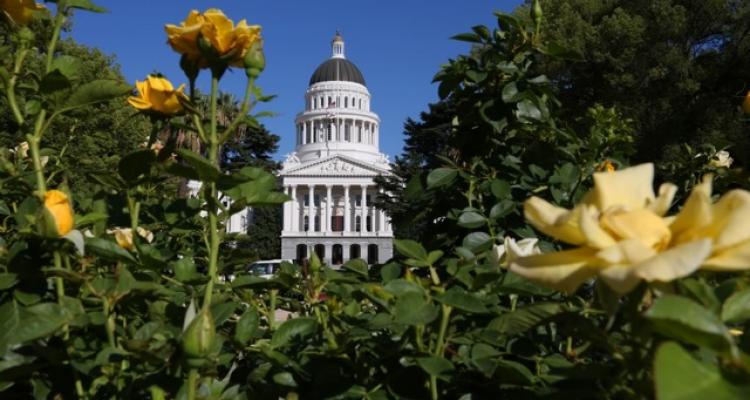We finally have some clarity regarding selected issues after the release of amendments to AB 2863 earlier this week.
The current vehicle being used in the latest attempt to regulate iPoker in California is the most robust form of legislation to date, but the changes still may not quite be enough to satisfy some stakeholders.
Amendments Establish Licensing Fees and Tax Rates
First, the amendments establish both licensing fees and tax rates for those wishing to operate online poker in California.
Anyone wishing to operate iPoker must pay a license fee of $12.5 million. Also, this fee will not count as a deposit against future taxes.
Next, tax rates have been established and will be charged on a sliding scale based on annual gross gaming revenue by the state.
Below is a quick listing of potential tax rates for California iGaming:
- GGR up to $150 million - 8.847 percent
- GGR between $150 to $250 million - 10 percent
- GGR between $250 and $350 million - 12.5 percent
- GGR in excess of $350 million - 15 percent
It is expected that some tribes may oppose the tax rates as established in the amendments and may seek to get them changed.
Also, there is some concern over the license fee. It is assumed that some tribes may want assurances that this is a one-time only fee.
Bad Actor Clause and Customer List Restrictions
The bill now officially contains a bad actor clause but it is different from those proposed in the past.
First, the date is set at December 31, 2011. This coincides with the DOJ member released in late December 2011.
Also, PokerStars pulled out of the U.S. in April of that year.
Any company that participated in iGaming in the U.S. after that date will not be able to receive a license in California for iPoker.
In addition, the bad actor clause can be triggered if any "member of the board of directors or the ultimate parent company of, the chief executive officer of, or a shareholder holding more than 10 percent of the shares of, the applicant, or its corporate or marketing affiliate, was directly involved in an executive decision-making capacity in facilitating a wager or financial transaction relating to Internet gambling in the United States and that person remains affiliated with the applicant at the time of the application."
This bad actor trigger doesn't have a date and appears to be a catchall for anyone that may have jumped ship to Amaya or a similar company after working for a bad actor.
Next, any potential license holder that has a pre-existing customer list prior to the "effective date of regulations" will be banned from using that list until January 1, 2019.
In practical terms, this blocks PokerStars from marketing to pre-Black Friday customers until 2019.
Will the Pechanga Coalition Cooperate?
Naturally, the PokerStars Coalition fully supports the recent changes because it essentially slams the door wide open for them to come to California.
The Pechanga Coalition - we're not sure, but we assume they don't like it.
Dave Palermo of OnlinePokerReport.com reported on Thursday that an anonymous source has claimed that they don't believe that the Pechanga Coalition will not like the language and that iPoker legislation will not happen if they are not happy.
However, at this point we frankly don't know what their opinions are as they have yet to release a statement. On the surface, that's a good thing as in the past they have been quick to comment about all things iPoker.
Their delay may be a sign that they are considering to cooperate or coming up with some type of compromise.
If the Pechanga Coalition does decide to cooperate and move forward, we may actually see this bill move towards a vote this summer.
The Assembly Appropriations Committee will meet next week to discuss this bill and if it moves on from there, which it is expected, we could actually see this bill come to a vote.
We're not going to make the bold prediction that iPoker will be passed this year, but we do feel that odds are good that it will at least come to a vote in the Assembly.
Progress is progress.


